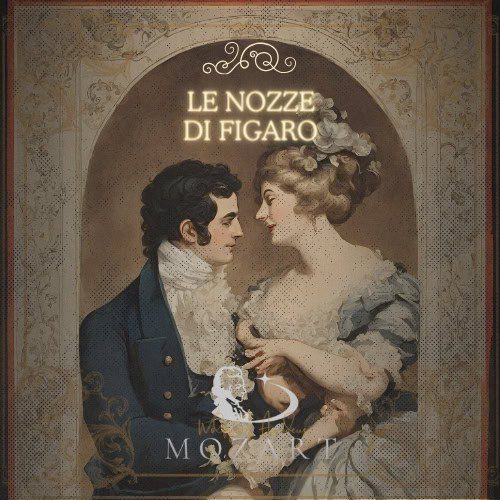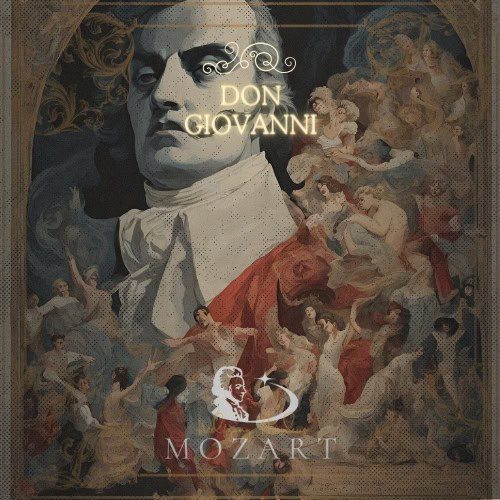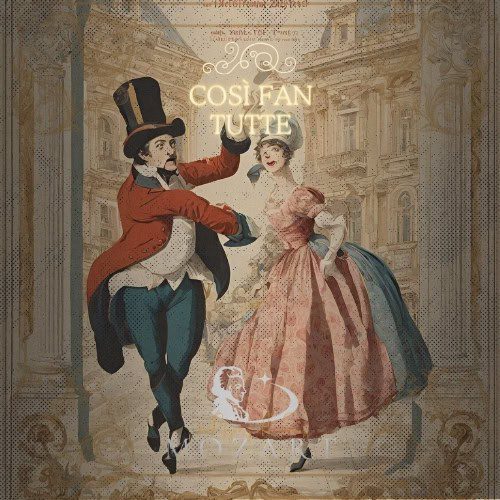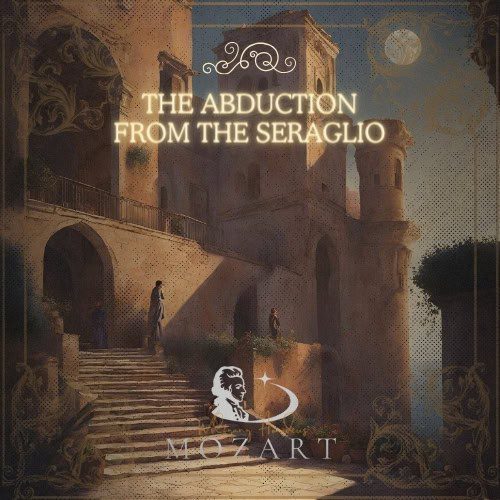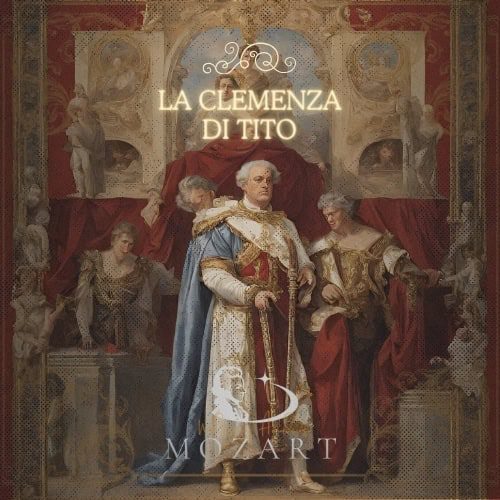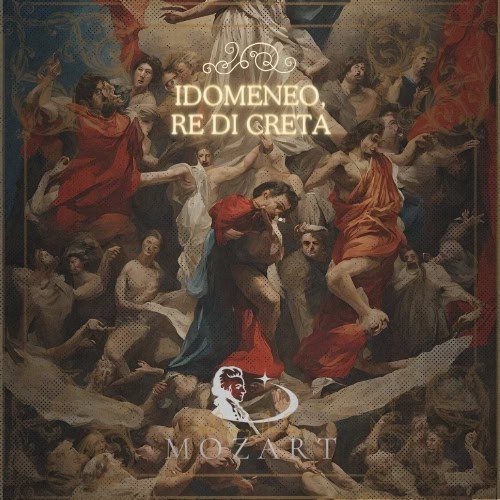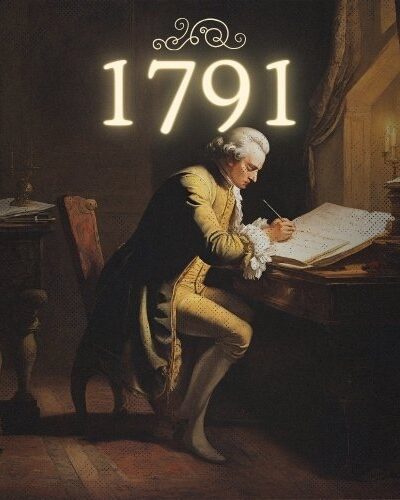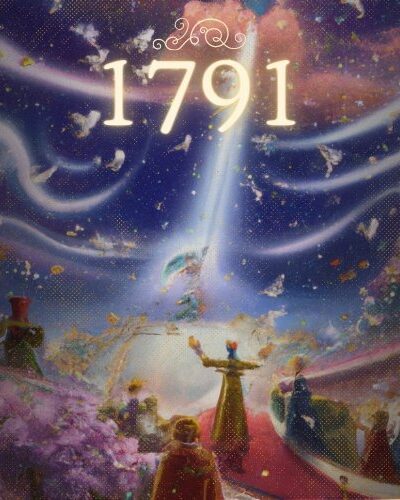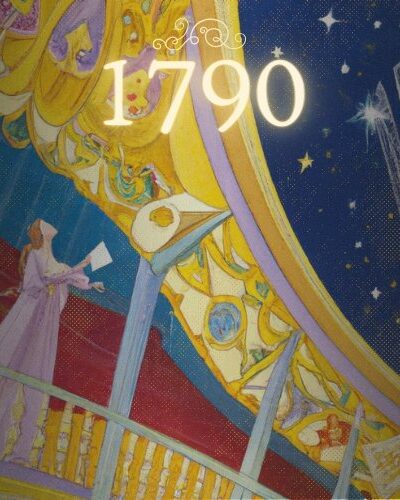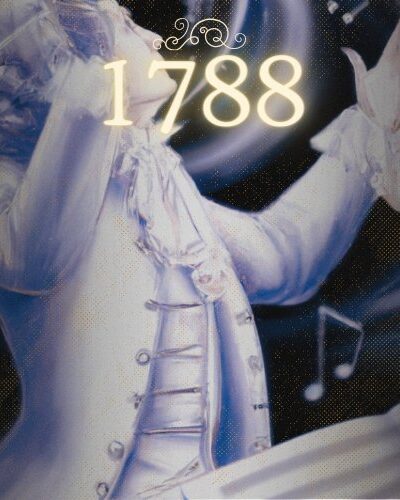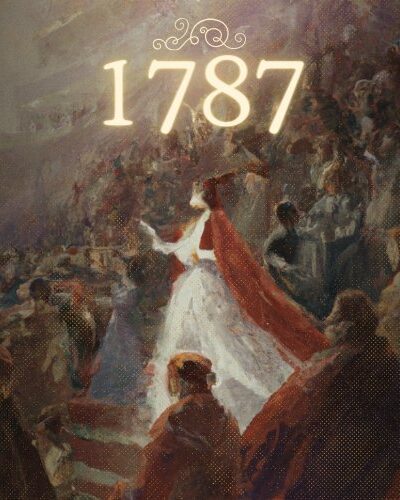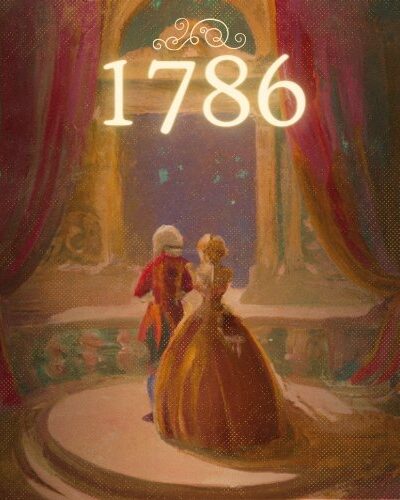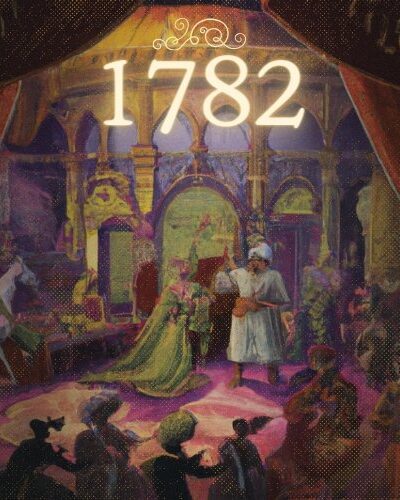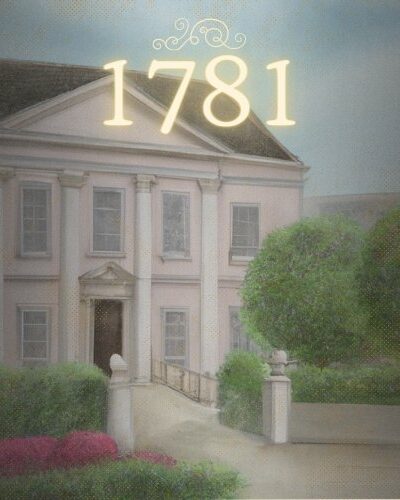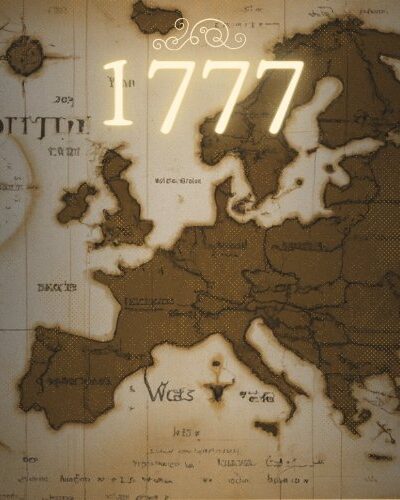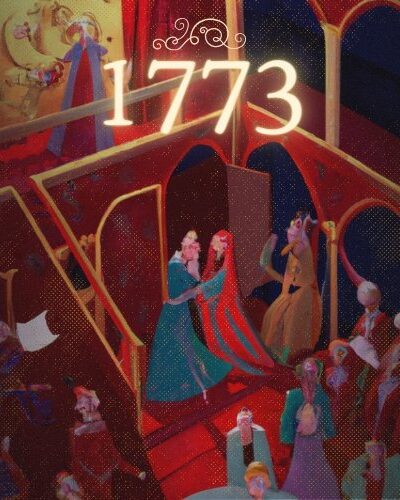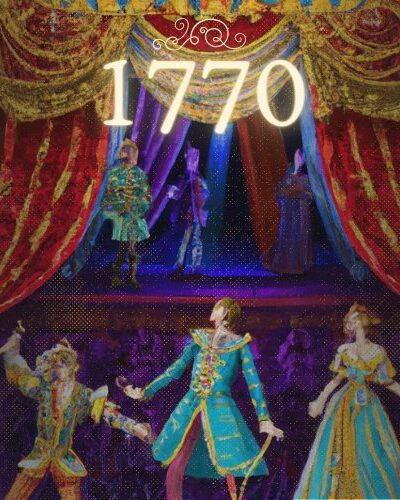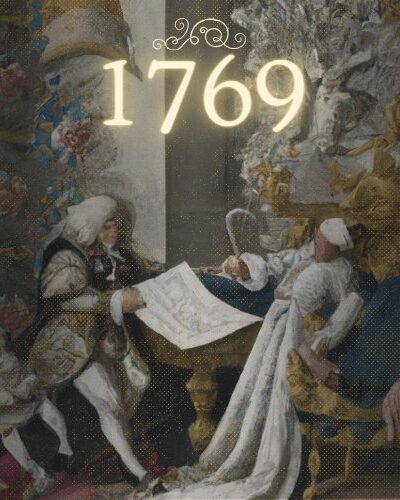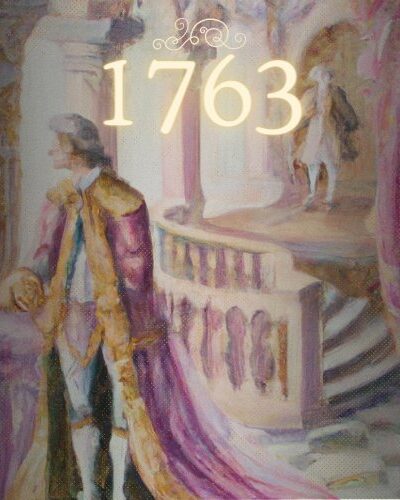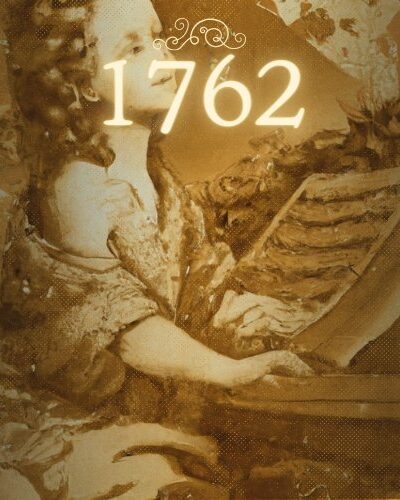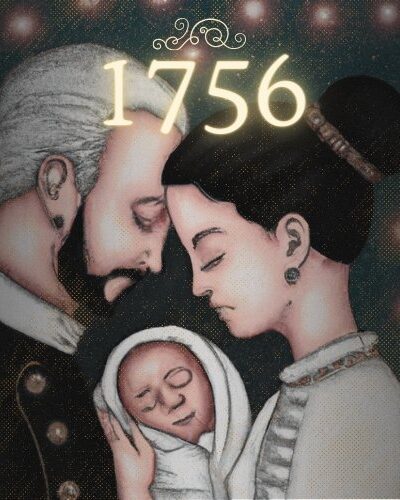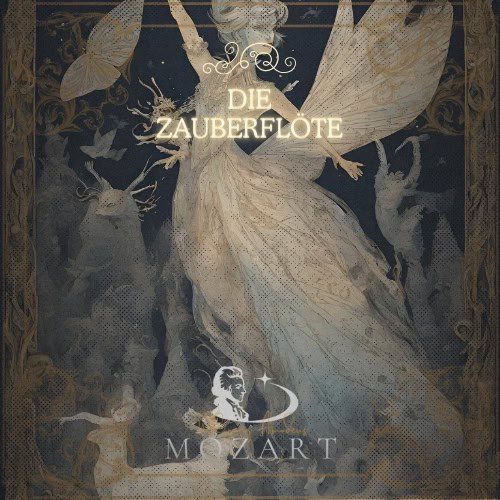MOZART
WolfganG AmadeuS
September 1, 2017
3:06
"It is a mistake to think that the practice of my art has become easy to me. I assure you, dear friend, no one has given so much care to the study of composition as I."
W.A. MOZART 1756-1791
September 1, 2017
3:06
Biography
Wolfgang Amadeus
Mozart
From the age of five, I composed under my father’s guidance. Born in Salzburg in 1756, my life has been a whirlwind of musical genius. Despite the era’s challenges, my symphonies, operas, and concertos continue to enchant and inspire, standing the time through digital legacy.
story Highlights
Discover my best stories, past performances, and premieres
operas
theatre music
“ Writing music is my one and only passion and joy..”
WOLFGANG AMADEUS MOZART
Live Performance
The Best Of Wolfgang Amadeus Mozart
Wiener Mozart Orchester
Upcoming Performances
Vienna 2026
11
Feb 2026
8:00 pm
Vienna Mozart Orchestra
With Wiener Mozart Orchester
@ Imperial Gala Concert Im Palais Auersperg
| Vienna, Austria
13
Feb 2026
8:00 pm
Vienna Mozart Orchestra
With Wiener Mozart Orchester
@ Imperial Gala Concert Im Palais Auersperg
| Vienna, Austria
16
Feb 2026
8:00 pm
Vienna Mozart Orchestra
With Wiener Mozart Orchester
@ Imperial Gala Concert Im Palais Auersperg
| Vienna, Austria
18
Feb 2026
8:00 pm
Vienna Mozart Orchestra
With Wiener Mozart Orchester
@ Imperial Gala Concert Im Palais Auersperg
| Vienna, Austria
20
Feb 2026
8:00 pm
Vienna Mozart Orchestra
With Wiener Mozart Orchester
@ Imperial Gala Concert Im Palais Auersperg
| Vienna, Austria
23
Feb 2026
8:00 pm
Vienna Mozart Orchestra
With Wiener Mozart Orchester
@ Imperial Gala Concert Im Palais Auersperg
| Vienna, Austria
25
Feb 2026
8:00 pm
Vienna Mozart Orchestra
With Wiener Mozart Orchester
@ Imperial Gala Concert Im Palais Auersperg
| Vienna, Austria
27
Feb 2026
8:00 pm
Vienna Mozart Orchestra
With Wiener Mozart Orchester
@ Imperial Gala Concert Im Palais Auersperg
| Vienna, Austria
28
Feb 2026
8:00 pm
Vienna Mozart Orchestra
With Wiener Mozart Orchester
@ Imperial Gala Concert Im Palais Auersperg
| Vienna, Austria
02
Mar 2026
8:00 pm
Vienna Mozart Orchestra
With Wiener Mozart Orchester
@ Imperial Gala Concert Im Palais Auersperg
| Vienna, Austria
04
Mar 2026
8:00 pm
Vienna Mozart Orchestra
With Wiener Mozart Orchester
@ Imperial Gala Concert Im Palais Auersperg
| Vienna, Austria
07
Mar 2026
8:00 pm
Vienna Mozart Orchestra
With Wiener Mozart Orchester
@ Imperial Gala Concert Im Palais Auersperg
| Vienna, Austria
09
Mar 2026
8:00 pm
Vienna Mozart Orchestra
With Wiener Mozart Orchester
@ Imperial Gala Concert Im Palais Auersperg
| Vienna, Austria
11
Mar 2026
8:00 pm
Vienna Mozart Orchestra
With Wiener Mozart Orchester
@ Imperial Gala Concert Im Palais Auersperg
| Vienna, Austria
13
Mar 2026
8:00 pm
Vienna Mozart Orchestra
With Wiener Mozart Orchester
@ Imperial Gala Concert Im Palais Auersperg
| Vienna, Austria
14
Mar 2026
8:00 pm
Vienna Mozart Orchestra
With Wiener Mozart Orchester
@ Imperial Gala Concert Im Palais Auersperg
| Vienna, Austria
16
Mar 2026
8:00 pm
Vienna Mozart Orchestra
With Wiener Mozart Orchester
@ Imperial Gala Concert Im Palais Auersperg
| Vienna, Austria
18
Mar 2026
8:00 pm
Vienna Mozart Orchestra
With Wiener Mozart Orchester
@ Imperial Gala Concert Im Palais Auersperg
| Vienna, Austria
20
Mar 2026
8:00 pm
Vienna Mozart Orchestra
With Wiener Mozart Orchester
@ Imperial Gala Concert Im Palais Auersperg
| Vienna, Austria
21
Mar 2026
8:00 pm
Vienna Mozart Orchestra
With Wiener Mozart Orchester
@ Imperial Gala Concert Im Palais Auersperg
| Vienna, Austria
23
Mar 2026
8:00 pm
Vienna Mozart Orchestra
With Wiener Mozart Orchester
@ Imperial Gala Concert Im Palais Auersperg
| Vienna, Austria
25
Mar 2026
8:00 pm
Vienna Mozart Orchestra
With Wiener Mozart Orchester
@ Imperial Gala Concert Im Palais Auersperg
| Vienna, Austria
27
Mar 2026
8:00 pm
Vienna Mozart Orchestra
With Wiener Mozart Orchester
@ Imperial Gala Concert Im Palais Auersperg
| Vienna, Austria
28
Mar 2026
8:00 pm
Vienna Mozart Orchestra
With Wiener Mozart Orchester
@ Imperial Gala Concert Im Palais Auersperg
| Vienna, Austria
30
Mar 2026
8:00 pm
Vienna Mozart Orchestra
With Wiener Mozart Orchester
@ Imperial Gala Concert Im Palais Auersperg
| Vienna, Austria
01
Apr 2026
8:15 pm
Vienna Mozart Orchestra
With Wiener Mozart Orchester
@ Wiener Musikverein - Goldener Saal
| Vienna, Austria
02
Apr 2026
6:00 pm
Vienna Mozart Orchestra
With Wiener Mozart Orchester
@ Imperial Gala Concert Im Palais Auersperg
| Vienna, Austria
02
Apr 2026
8:00 pm
Vienna Mozart Orchestra
With Wiener Mozart Orchester
@ Imperial Gala Concert Im Palais Auersperg
| Vienna, Austria
03
Apr 2026
8:00 pm
Vienna Mozart Orchestra
With Wiener Mozart Orchester
@ Imperial Gala Concert Im Palais Auersperg
| Vienna, Austria
03
Apr 2026
8:15 pm
Vienna Mozart Orchestra
With Wiener Mozart Orchester
@ Wiener Musikverein - Goldener Saal
| Vienna, Austria
04
Apr 2026
6:00 pm
Vienna Mozart Orchestra
With Wiener Mozart Orchester
@ Imperial Gala Concert Im Palais Auersperg
| Vienna, Austria
04
Apr 2026
8:00 pm
Vienna Mozart Orchestra
With Wiener Mozart Orchester
@ Imperial Gala Concert Im Palais Auersperg
| Vienna, Austria
04
Apr 2026
8:15 pm
Vienna Mozart Orchestra
With Wiener Mozart Orchester
@ Wiener Musikverein - Goldener Saal
| Vienna, Austria
05
Apr 2026
6:00 pm
Vienna Mozart Orchestra
With Wiener Mozart Orchester
@ Imperial Gala Concert Im Palais Auersperg
| Vienna, Austria
05
Apr 2026
8:00 pm
Vienna Mozart Orchestra
With Wiener Mozart Orchester
@ Imperial Gala Concert Im Palais Auersperg
| Vienna, Austria
06
Apr 2026
8:15 pm
Vienna Mozart Orchestra
With Wiener Mozart Orchester
@ Wiener Musikverein - Goldener Saal
| Vienna, Austria
07
Apr 2026
6:00 pm
Vienna Mozart Orchestra
With Wiener Mozart Orchester
@ Imperial Gala Concert Im Palais Auersperg
| Vienna, Austria
07
Apr 2026
8:00 pm
Vienna Mozart Orchestra
With Wiener Mozart Orchester
@ Imperial Gala Concert Im Palais Auersperg
| Vienna, Austria
08
Apr 2026
8:15 pm
Vienna Mozart Orchestra
With Wiener Mozart Orchester
@ Wiener Musikverein - Goldener Saal
| Vienna, Austria
09
Apr 2026
6:00 pm
Vienna Mozart Orchestra
With Wiener Mozart Orchester
@ Imperial Gala Concert Im Palais Auersperg
| Vienna, Austria
09
Apr 2026
8:00 pm
Vienna Mozart Orchestra
With Wiener Mozart Orchester
@ Imperial Gala Concert Im Palais Auersperg
| Vienna, Austria
10
Apr 2026
8:15 pm
Vienna Mozart Orchestra
With Wiener Mozart Orchester
@ Wiener Musikverein, Brahms-Saal
| Vienna, Austria
11
Apr 2026
8:15 pm
Vienna Mozart Orchestra
With Wiener Mozart Orchester
@ Wiener Musikverein, Brahms-Saal
| Vienna, Austria
12
Apr 2026
6:00 pm
Vienna Mozart Orchestra
With Wiener Mozart Orchester
@ Imperial Gala Concert Im Palais Auersperg
| Vienna, Austria
12
Apr 2026
8:00 pm
Vienna Mozart Orchestra
With Wiener Mozart Orchester
@ Imperial Gala Concert Im Palais Auersperg
| Vienna, Austria
13
Apr 2026
8:15 pm
Vienna Mozart Orchestra
With Wiener Mozart Orchester
@ Wiener Musikverein - Goldener Saal
| Vienna, Austria
14
Apr 2026
6:00 pm
Vienna Mozart Orchestra
With Wiener Mozart Orchester
@ Imperial Gala Concert Im Palais Auersperg
| Vienna, Austria
14
Apr 2026
8:00 pm
Vienna Mozart Orchestra
With Wiener Mozart Orchester
@ Imperial Gala Concert Im Palais Auersperg
| Vienna, Austria
15
Apr 2026
8:15 pm
Vienna Mozart Orchestra
With Wiener Mozart Orchester
@ Wiener Musikverein, Brahms-Saal
| Vienna, Austria
16
Apr 2026
6:00 pm
Vienna Mozart Orchestra
With Wiener Mozart Orchester
@ Imperial Gala Concert Im Palais Auersperg
| Vienna, Austria
16
Apr 2026
8:00 pm
Vienna Mozart Orchestra
With Wiener Mozart Orchester
@ Imperial Gala Concert Im Palais Auersperg
| Vienna, Austria
18
Apr 2026
8:15 pm
Vienna Mozart Orchestra
With Wiener Mozart Orchester
@ Wiener Musikverein, Brahms-Saal
| Vienna, Austria
19
Apr 2026
6:00 pm
Vienna Mozart Orchestra
With Wiener Mozart Orchester
@ Imperial Gala Concert Im Palais Auersperg
| Vienna, Austria
19
Apr 2026
8:00 pm
Vienna Mozart Orchestra
With Wiener Mozart Orchester
@ Imperial Gala Concert Im Palais Auersperg
| Vienna, Austria
21
Apr 2026
6:00 pm
Vienna Mozart Orchestra
With Wiener Mozart Orchester
@ Imperial Gala Concert Im Palais Auersperg
| Vienna, Austria
30
Apr 2026
8:00 pm
Vienna Mozart Orchestra
With Wiener Mozart Orchester
@ Imperial Gala Concert Im Palais Auersperg
| Vienna, Austria
01
May 2026
8:15 pm
Vienna Mozart Orchestra
With Wiener Mozart Orchester
@ Wiener Musikverein - Goldener Saal
| Vienna, Austria
02
May 2026
6:00 pm
Vienna Mozart Orchestra
With Wiener Mozart Orchester
@ Imperial Gala Concert Im Palais Auersperg
| Vienna, Austria
02
May 2026
8:00 pm
Vienna Mozart Orchestra
With Wiener Mozart Orchester
@ Imperial Gala Concert Im Palais Auersperg
| Vienna, Austria
02
May 2026
8:15 pm
Vienna Mozart Orchestra
With Wiener Mozart Orchester
@ Wiener Musikverein, Brahms-Saal
| Vienna, Austria
04
May 2026
8:15 pm
Vienna Mozart Orchestra
With Wiener Mozart Orchester
@ Wiener Musikverein, Brahms-Saal
| Vienna, Austria
06
May 2026
8:15 pm
Vienna Mozart Orchestra
With Wiener Mozart Orchester
@ Wiener Musikverein - Goldener Saal
| Vienna, Austria
08
May 2026
8:15 pm
Vienna Mozart Orchestra
With Wiener Mozart Orchester
@ Wiener Musikverein - Goldener Saal
| Vienna, Austria
09
May 2026
8:15 pm
Vienna Mozart Orchestra
With Wiener Mozart Orchester
@ Wiener Musikverein, Brahms-Saal
| Vienna, Austria
11
May 2026
8:15 pm
Vienna Mozart Orchestra
With Wiener Mozart Orchester
@ Wiener Musikverein, Brahms-Saal
| Vienna, Austria
12
May 2026
6:00 pm
Vienna Mozart Orchestra
With Wiener Mozart Orchester
@ Imperial Gala Concert Im Palais Auersperg
| Vienna, Austria
17
May 2026
8:00 pm
Vienna Mozart Orchestra
With Wiener Mozart Orchester
@ Imperial Gala Concert Im Palais Auersperg
| Vienna, Austria
18
May 2026
8:15 pm
Vienna Mozart Orchestra
With Wiener Mozart Orchester
@ Wiener Musikverein, Brahms-Saal
| Vienna, Austria
19
May 2026
6:00 pm
Vienna Mozart Orchestra
With Wiener Mozart Orchester
@ Imperial Gala Concert Im Palais Auersperg
| Vienna, Austria
19
May 2026
8:00 pm
Vienna Mozart Orchestra
With Wiener Mozart Orchester
@ Imperial Gala Concert Im Palais Auersperg
| Vienna, Austria
20
May 2026
8:00 pm
Vienna Mozart Orchestra
With Wiener Mozart Orchester
@ Imperial Gala Concert Im Palais Auersperg
| Vienna, Austria
20
May 2026
8:15 pm
Vienna Mozart Orchestra
With Wiener Mozart Orchester
@ Wiener Musikverein, Brahms-Saal
| Vienna, Austria
22
May 2026
8:15 pm
Vienna Mozart Orchestra
With Wiener Mozart Orchester
@ Wiener Musikverein, Brahms-Saal
| Vienna, Austria
23
May 2026
6:00 pm
Vienna Mozart Orchestra
With Wiener Mozart Orchester
@ Imperial Gala Concert Im Palais Auersperg
| Vienna, Austria
23
May 2026
8:00 pm
Vienna Mozart Orchestra
With Wiener Mozart Orchester
@ Imperial Gala Concert Im Palais Auersperg
| Vienna, Austria
24
May 2026
6:00 pm
Vienna Mozart Orchestra
With Wiener Mozart Orchester
@ Imperial Gala Concert Im Palais Auersperg
| Vienna, Austria
24
May 2026
8:00 pm
Vienna Mozart Orchestra
With Wiener Mozart Orchester
@ Imperial Gala Concert Im Palais Auersperg
| Vienna, Austria
25
May 2026
8:15 pm
Vienna Mozart Orchestra
With Wiener Mozart Orchester
@ Wiener Musikverein, Brahms-Saal
| Vienna, Austria
26
May 2026
6:00 pm
Vienna Mozart Orchestra
With Wiener Mozart Orchester
@ Imperial Gala Concert Im Palais Auersperg
| Vienna, Austria
26
May 2026
8:00 pm
Vienna Mozart Orchestra
With Wiener Mozart Orchester
@ Imperial Gala Concert Im Palais Auersperg
| Vienna, Austria
27
May 2026
8:15 pm
Vienna Mozart Orchestra
With Wiener Mozart Orchester
@ Wiener Musikverein - Goldener Saal
| Vienna, Austria
28
May 2026
6:00 pm
Vienna Mozart Orchestra
With Wiener Mozart Orchester
@ Imperial Gala Concert Im Palais Auersperg
| Vienna, Austria
28
May 2026
8:00 pm
Vienna Mozart Orchestra
With Wiener Mozart Orchester
@ Imperial Gala Concert Im Palais Auersperg
| Vienna, Austria
29
May 2026
8:15 pm
Vienna Mozart Orchestra
With Wiener Mozart Orchester
@ Wiener Musikverein - Goldener Saal
| Vienna, Austria
30
May 2026
6:00 pm
Vienna Mozart Orchestra
With Wiener Mozart Orchester
@ Imperial Gala Concert Im Palais Auersperg
| Vienna, Austria
30
May 2026
8:00 pm
Vienna Mozart Orchestra
With Wiener Mozart Orchester
@ Imperial Gala Concert Im Palais Auersperg
| Vienna, Austria
31
May 2026
6:00 pm
Vienna Mozart Orchestra
With Wiener Mozart Orchester
@ Imperial Gala Concert Im Palais Auersperg
| Vienna, Austria
31
May 2026
8:00 pm
Vienna Mozart Orchestra
With Wiener Mozart Orchester
@ Imperial Gala Concert Im Palais Auersperg
| Vienna, Austria
01
Jun 2026
8:15 pm
Vienna Mozart Orchestra
With Wiener Mozart Orchester
@ Wiener Musikverein - Goldener Saal
| Vienna, Austria
02
Jun 2026
6:00 pm
Vienna Mozart Orchestra
With Wiener Mozart Orchester
@ Imperial Gala Concert Im Palais Auersperg
| Vienna, Austria
02
Jun 2026
8:00 pm
Vienna Mozart Orchestra
With Wiener Mozart Orchester
@ Imperial Gala Concert Im Palais Auersperg
| Vienna, Austria
03
Jun 2026
8:15 pm
Vienna Mozart Orchestra
With Wiener Mozart Orchester
@ Wiener Musikverein - Goldener Saal
| Vienna, Austria
04
Jun 2026
6:00 pm
Vienna Mozart Orchestra
With Wiener Mozart Orchester
@ Imperial Gala Concert Im Palais Auersperg
| Vienna, Austria
04
Jun 2026
8:00 pm
Vienna Mozart Orchestra
With Wiener Mozart Orchester
@ Imperial Gala Concert Im Palais Auersperg
| Vienna, Austria
05
Jun 2026
8:15 pm
Vienna Mozart Orchestra
With Wiener Mozart Orchester
@ Wiener Musikverein, Brahms-Saal
| Vienna, Austria
06
Jun 2026
6:00 pm
Vienna Mozart Orchestra
With Wiener Mozart Orchester
@ Imperial Gala Concert Im Palais Auersperg
| Vienna, Austria
06
Jun 2026
8:00 pm
Vienna Mozart Orchestra
With Wiener Mozart Orchester
@ Imperial Gala Concert Im Palais Auersperg
| Vienna, Austria
07
Jun 2026
6:00 pm
Vienna Mozart Orchestra
With Wiener Mozart Orchester
@ Imperial Gala Concert Im Palais Auersperg
| Vienna, Austria
07
Jun 2026
8:00 pm
Vienna Mozart Orchestra
With Wiener Mozart Orchester
@ Imperial Gala Concert Im Palais Auersperg
| Vienna, Austria
08
Jun 2026
8:15 pm
Vienna Mozart Orchestra
With Wiener Mozart Orchester
@ Wiener Musikverein, Brahms-Saal
| Vienna, Austria
10
Jun 2026
8:15 pm
Vienna Mozart Orchestra
With Wiener Mozart Orchester
@ Wiener Musikverein, Brahms-Saal
| Vienna, Austria
11
Jun 2026
6:00 pm
Vienna Mozart Orchestra
With Wiener Mozart Orchester
@ Imperial Gala Concert Im Palais Auersperg
| Vienna, Austria
11
Jun 2026
8:00 pm
Vienna Mozart Orchestra
With Wiener Mozart Orchester
@ Imperial Gala Concert Im Palais Auersperg
| Vienna, Austria
12
Jun 2026
8:15 pm
Vienna Mozart Orchestra
With Wiener Mozart Orchester
@ Wiener Musikverein, Brahms-Saal
| Vienna, Austria
13
Jun 2026
6:00 pm
Vienna Mozart Orchestra
With Wiener Mozart Orchester
@ Imperial Gala Concert Im Palais Auersperg
| Vienna, Austria
13
Jun 2026
8:00 pm
Vienna Mozart Orchestra
With Wiener Mozart Orchester
@ Imperial Gala Concert Im Palais Auersperg
| Vienna, Austria
